
 Instagram
Instagram
How to treat thrush in men?

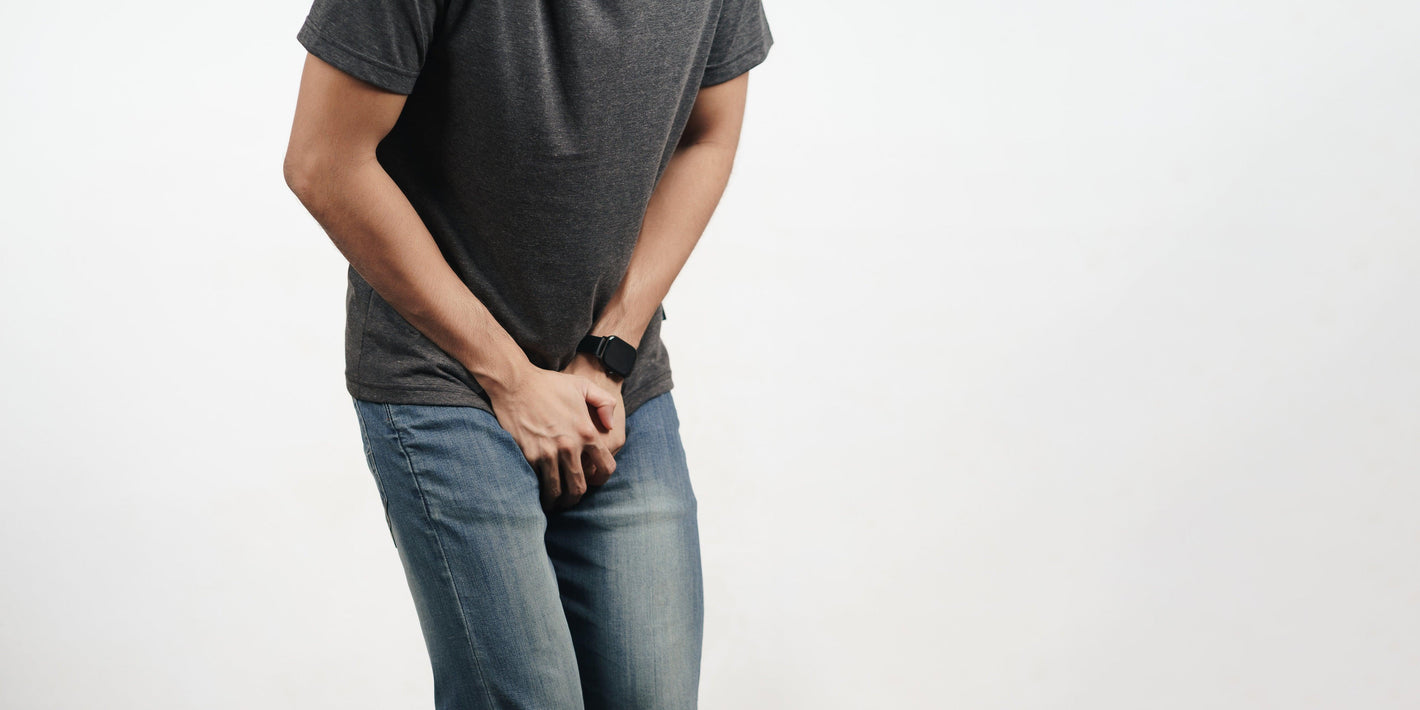
Related products
What’s covered?
Everything you need to know about thrush, a yeast infection of the genitals.

Thrush is a fungal infection caused by a fungus called Candida albicans. It can develop anywhere, but the most common sites are the oral cavity (mouth), throat, skin, genitals etc. Genital thrush is more common in women than in men. However, men can also develop such infections, particularly on the penis head.
The condition is noticed more in uncircumcised men because the skin folds allow fungal growth. It is also seen more in people with a weakened immune system. How can thrush be treated and prevented in men? First, you need to know about thrush symptoms to see whether you have thrush.
How to know if you have thrush (common thrush symptoms)?
In males, the most important sign is the infection of the head of the penis (glans penis). This issue (called balanitis) can lead to the symptoms, e.g.,
-
Irritation and pain during urination and sex
-
Itching, redness and burning sensation on the foreskin and glans penis
-
White cottage cheese-like discharge from the infection site
-
Unpleasant odours
-
The cracked and irritated foreskin of the penis
-
In the case of oral thrush, a burning sensation or pain on the tongue can also occur.
The signs of secondary bacterial infections can also compound male thrush symptoms.
How to treat thrush?
The extreme irritation, unpleasant smell, difficulty in urination and sexual activities can force you to seek immediate medical help. The treatment of thrush in men is done mostly through over-the-counter medications. The most common treatments of thrush are;
Over-the-counter anti-fungal creams
Anti-fungal creams are among the best penile yeast infection treatments. If you have any thrush experience, you must start using anti-fungal cream as soon as the symptoms appear. The common recommendation is to use the cream twice daily.
We have an anti-fungal cream Canesten Thrush Combi for you at Welzo, which is effective for both external and internal use. It has clotrimazole as an active drug that destroys the fungal cells' cell membrane, killing them. MHRA approves it for this purpose. Click here to place your order. Various other versions of clomitrazole are also available. Click here to view our other thrush treatment medications.
Anti-fungal medicines are also available in tablet form, which you can opt for after consulting the physician.
Topical corticosteroids
Topical corticosteroids treat local inflammation, itching and irritation. They work by constricting the local blood vessels and reducing inflammation and swelling. A topical corticosteroid is often combined with an anti-fungal cream for better results. However, corticosteroids should be used only on prescription and after consulting the doctor.
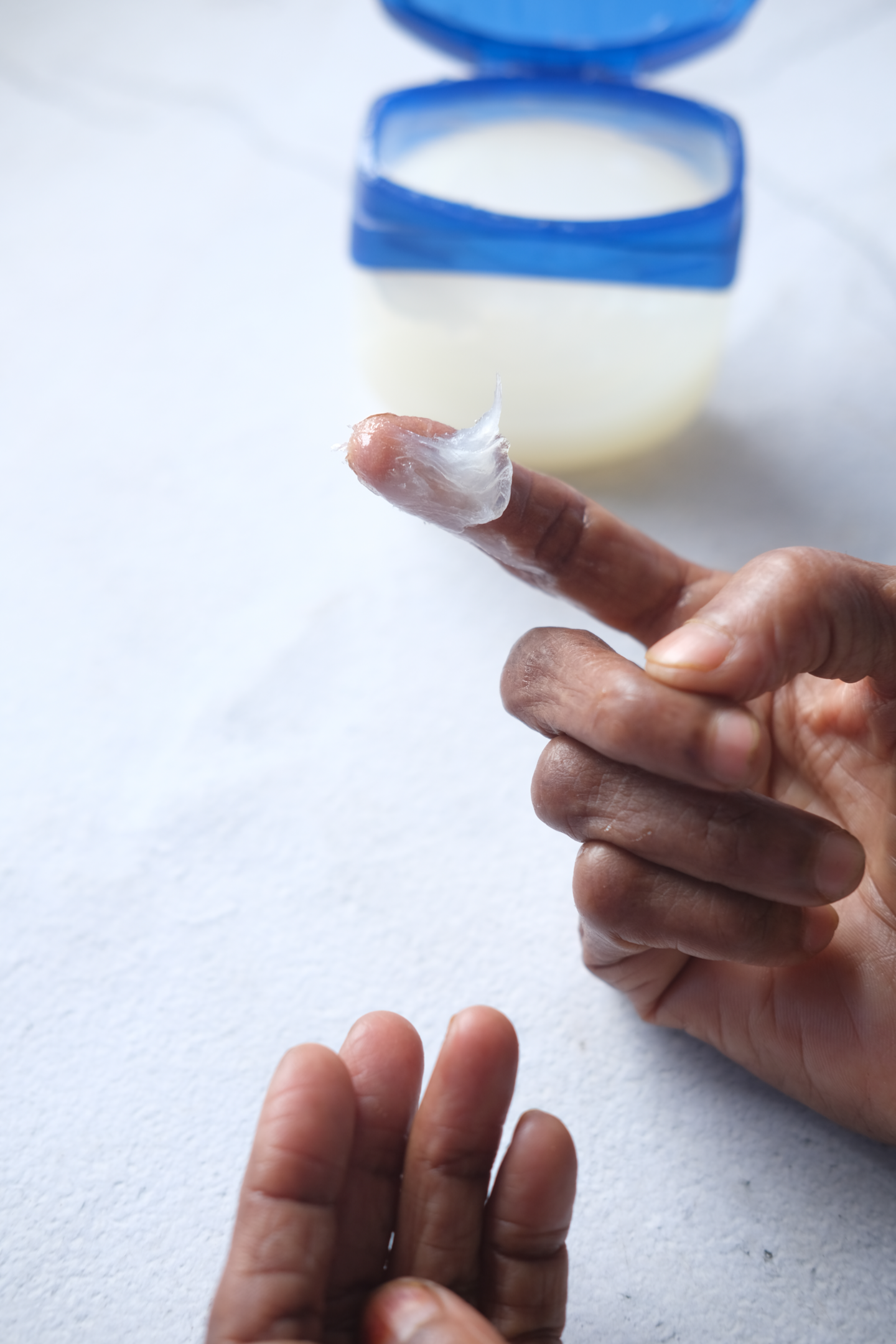
The use of corticosteroids suppresses immunity, so the infection may take longer than expected to heal automatically. They are also not safe during pregnancy and breastfeeding. A physician will prescribe topical corticosteroids after weighing their benefits against the risks.
We have a topical corticosteroid Hydrocortisone 1% cream for you at Welzo. Click here to place your order after consulting our health experts.
How to treat non-genital thrush?
Non-genital thrush is mostly treated by treatments containing miconazole or clotrimazole. Gyno-Daktarin, has 2% miconazole as the active ingredient and is recommended for external and internal use in case of vaginal thrush. It is also used over the counter in men.
Oral medications
Severe forms of the disease may not respond well to topical applications. Oral anti-fungal drugs, e.g., fluconazole (Flucon 150), are used. It is used to treat male thrush and genital infections in the throat, mouth, oesophagus etc. It is also prescribed to treat the systemic form of candidiasis.
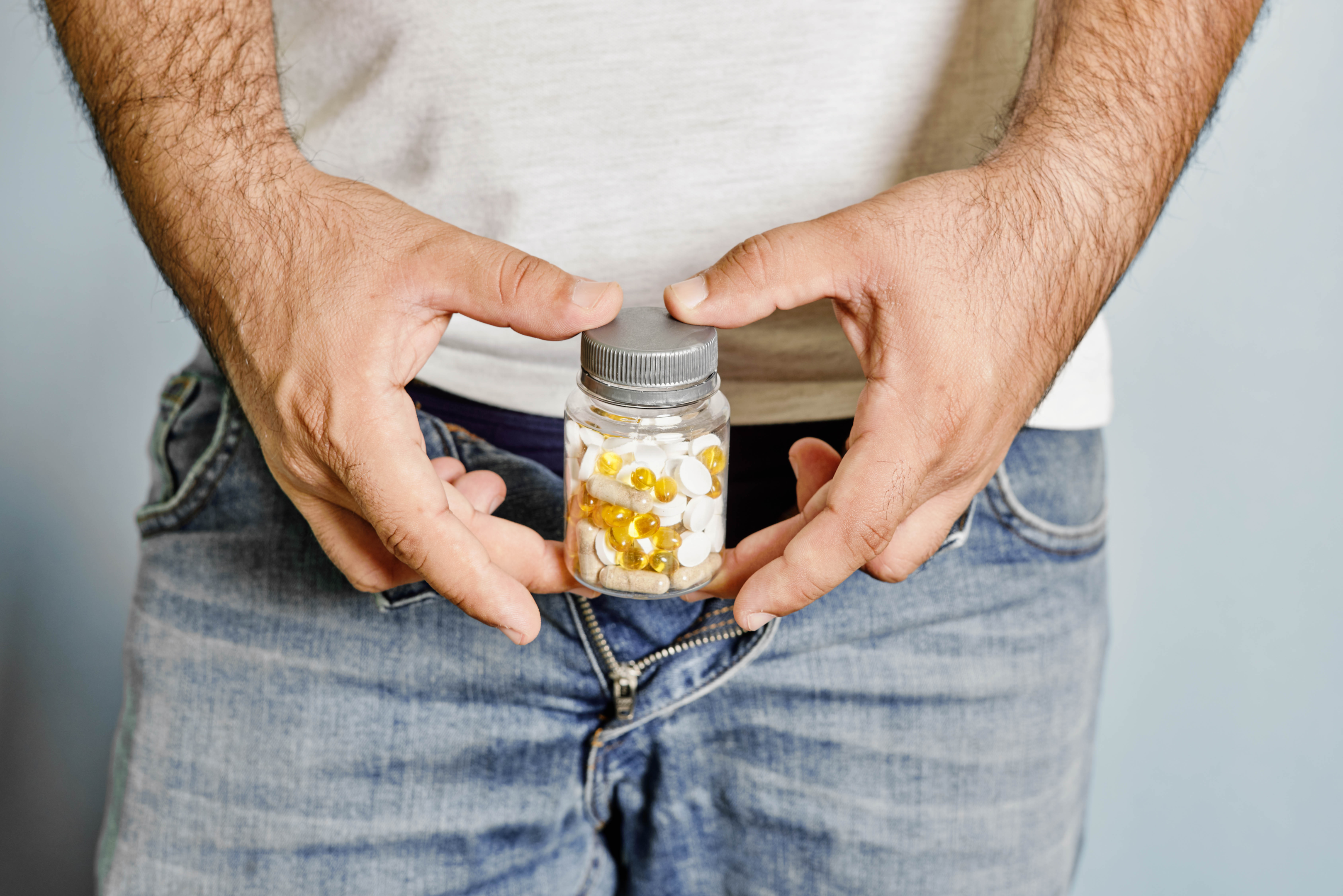
It is, however, a prescription drug and should be used after consulting the physician.
How long the recovery takes?
A speedy recovery, depends upon how quickly you can respond to the first symptoms of the thrush. A local non-complicated case resolves with regular use of anti-fungal creams in 1-2 weeks.
However, some precautions can speed up the recovery process and help to avoid complications. These are;
-
Avoid unprotected sex as it can mechanically transfer the infection to your partner and cause abrasive damage to the skin, complicating the disease with secondary bacterial infections.
-
The moist and warm environment creates favourable conditions for the growth of fungus. So, wear loose-fitting, breathable undergarments that prevent such situations from developing. Avoid tight-fitting jeans and nylon shorts etc.
-
Gently wash the glans penis and foreskin of the penis every day, especially after sexual intercourse. Dry the skin after washing to prevent moisture accumulation.
-
Avoid using irritation-causing products, e.g., body wash, scented soaps, talcum powder, deodorants etc.
What complications can arise if the infection is left untreated?
Without early treatment, the fungal infection can establish, leading to potentially fatal complications. The following complications can develop.
Invasive candidiasis
If your immune system is weak, it will not be able to clear out the infection and spread to other body parts through blood. This condition is called invasive candidiasis and can have a fatal outcome. It can involve many species of candida. The affected organs can include the heart, liver, brain etc. It is a hospital emergency and needs immediate care. The following factors can increase the risk of systemic candidiasis.
-
Taking immunosuppressant drugs
-
Having HIV infection
-
Diabetes
-
On anticancer therapy, e.g., radiotherapy or chemotherapy.
-
Undergoing dialysis
-
Taking a long course of broad-spectrum antibiotics that disturb the microbial environment in the body creates a favourable environment for the growth of germs and fungi.
-
Obesity
-
Have poor hygiene and poor diet
Will the thrush recover spontaneously?
Spontaneous recovery is possible, but it depends upon the severity of the situation. Mild infections sometimes go away spontaneously. However, it is not always the case, and I recommend treating even mild fungal infections.
If it is left untreated or not properly treated, the fungal infection will likely occur again. Some home remedies are effective in increasing the speed of spontaneous recovery, e.g., boric acid preparations (local preparations or suppositories), yoghurt (boost the immune system), tea tree oil etc.
Take home message
Thrush is a common yeast infection experienced by both men and women, particularly in the adult age. It causes balanitis (the inflammation of the glans penis) in men, which is characterised by severe irritation, unpleasant smell, difficulty pulling the skin of the penis etc. For most mild to moderate cases, topical anti-fungal creams can treat it effectively.

Sometimes, a doctor may combine it with oral anti-fungal tablets or topical anti-fungal creams with topical corticosteroids. Preventing fungal growth on the skin through preventive measures and strict hygiene is often the best option.
At Welzo, we have much more information about treating and controlling thrush in men and women. Click here to view our information pages and view our anti-fungal products.
You may need online consultation to purchase some products. Click here for online consultation with our health experts.



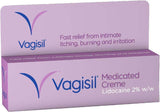
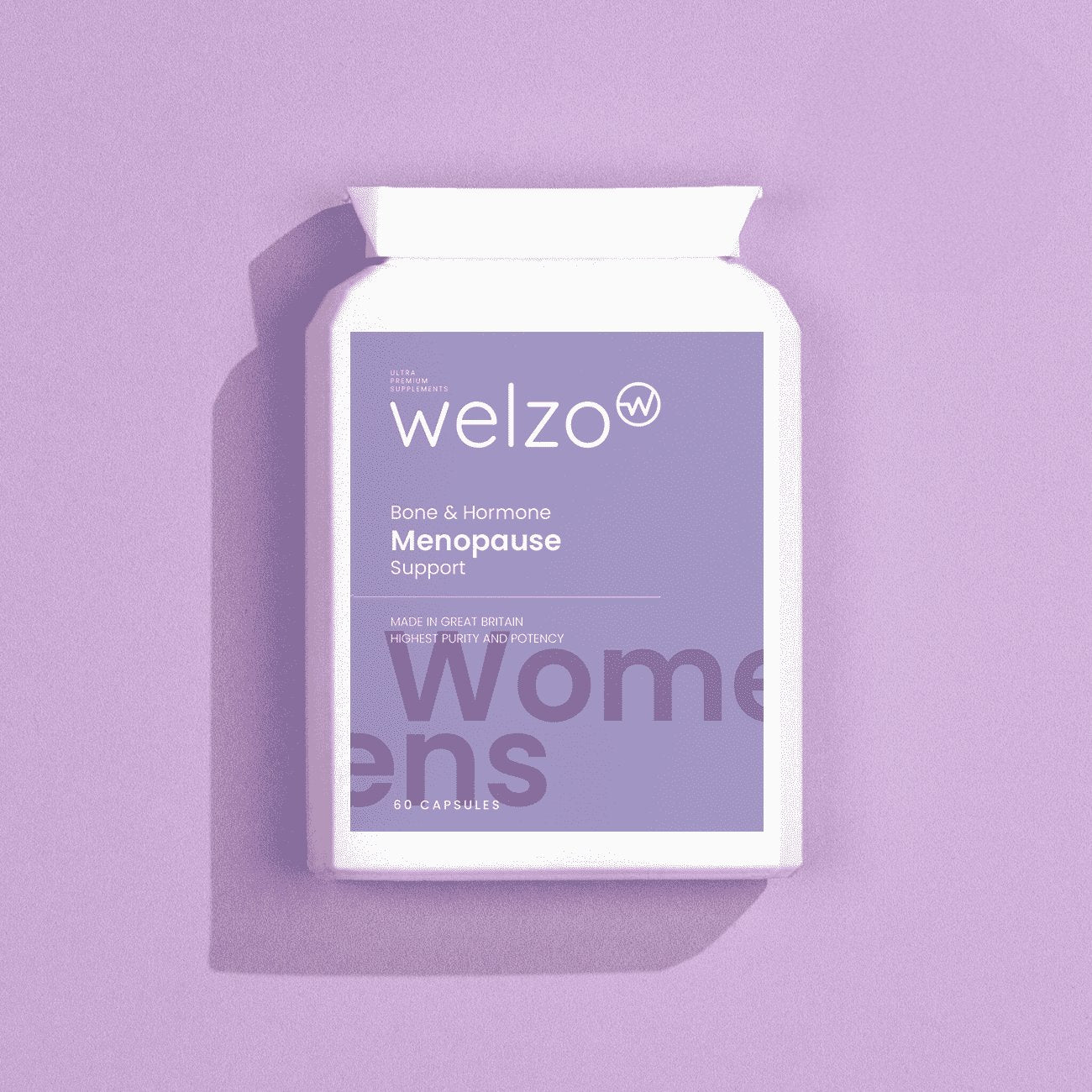
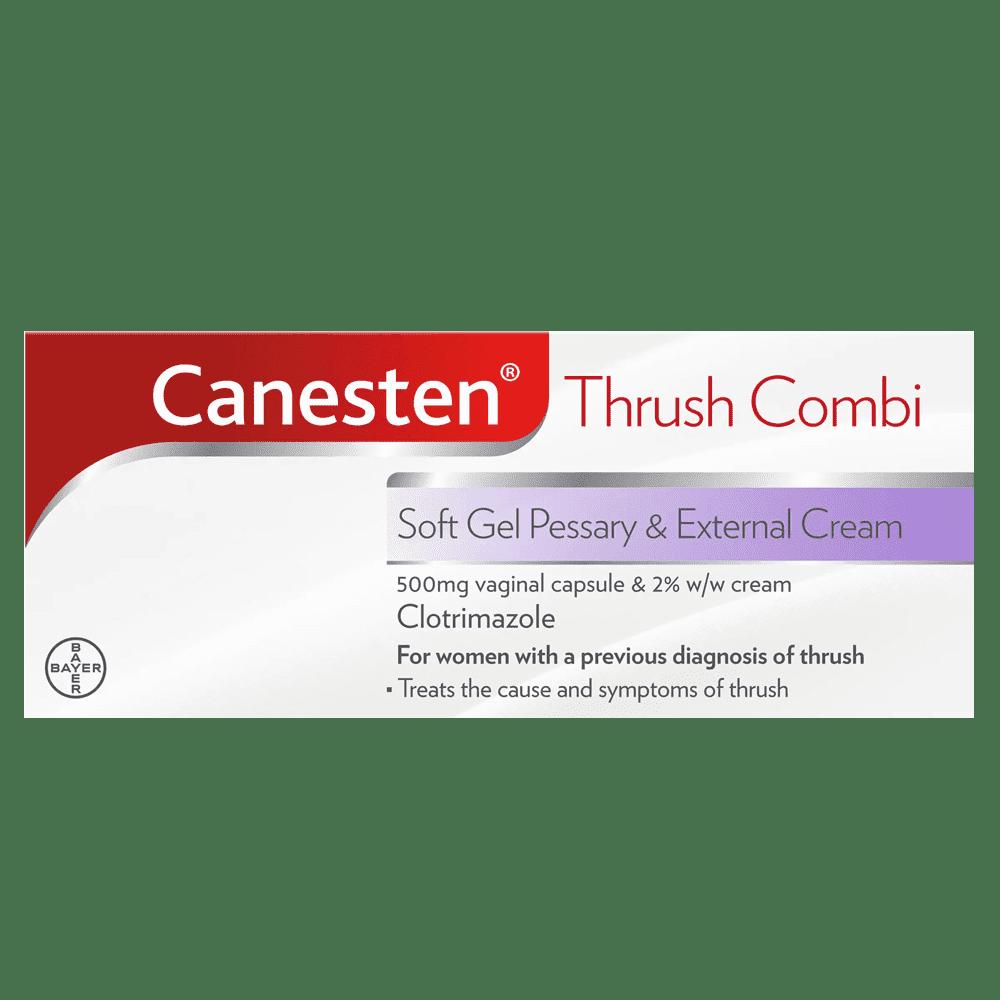



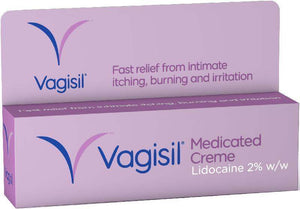



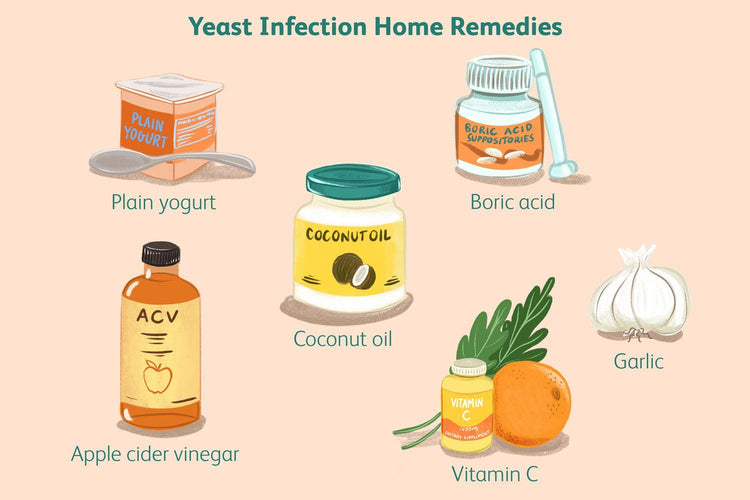
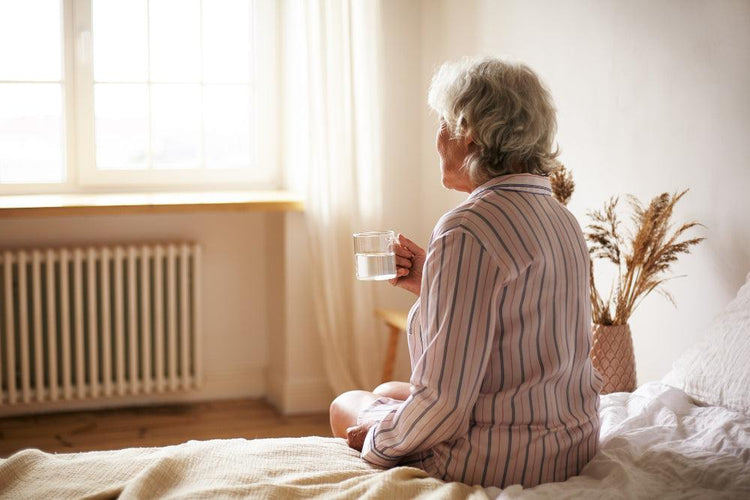


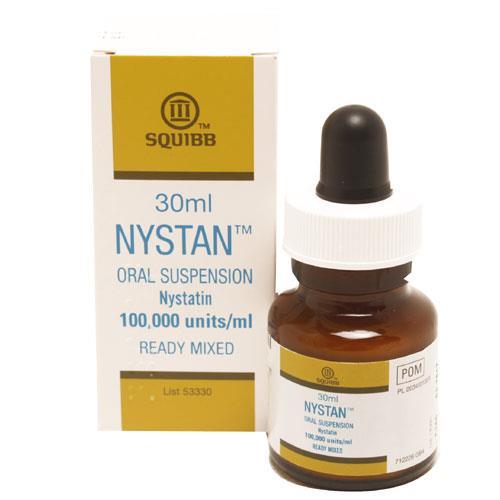

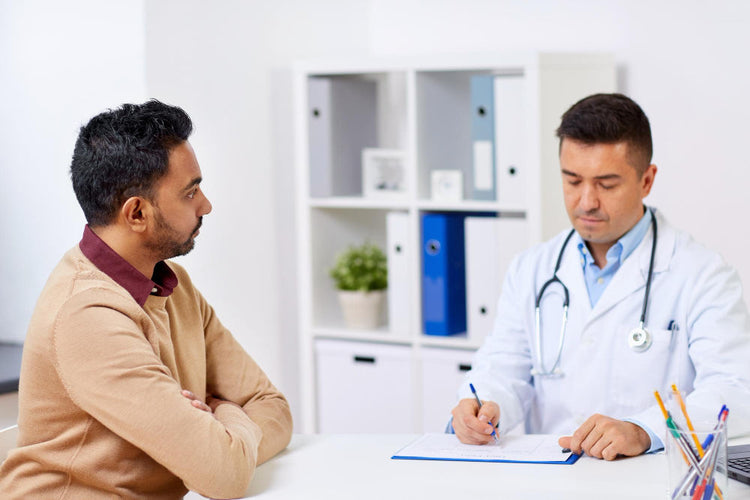
 Rated Excellent by 26,523+ Reviews
Rated Excellent by 26,523+ Reviews